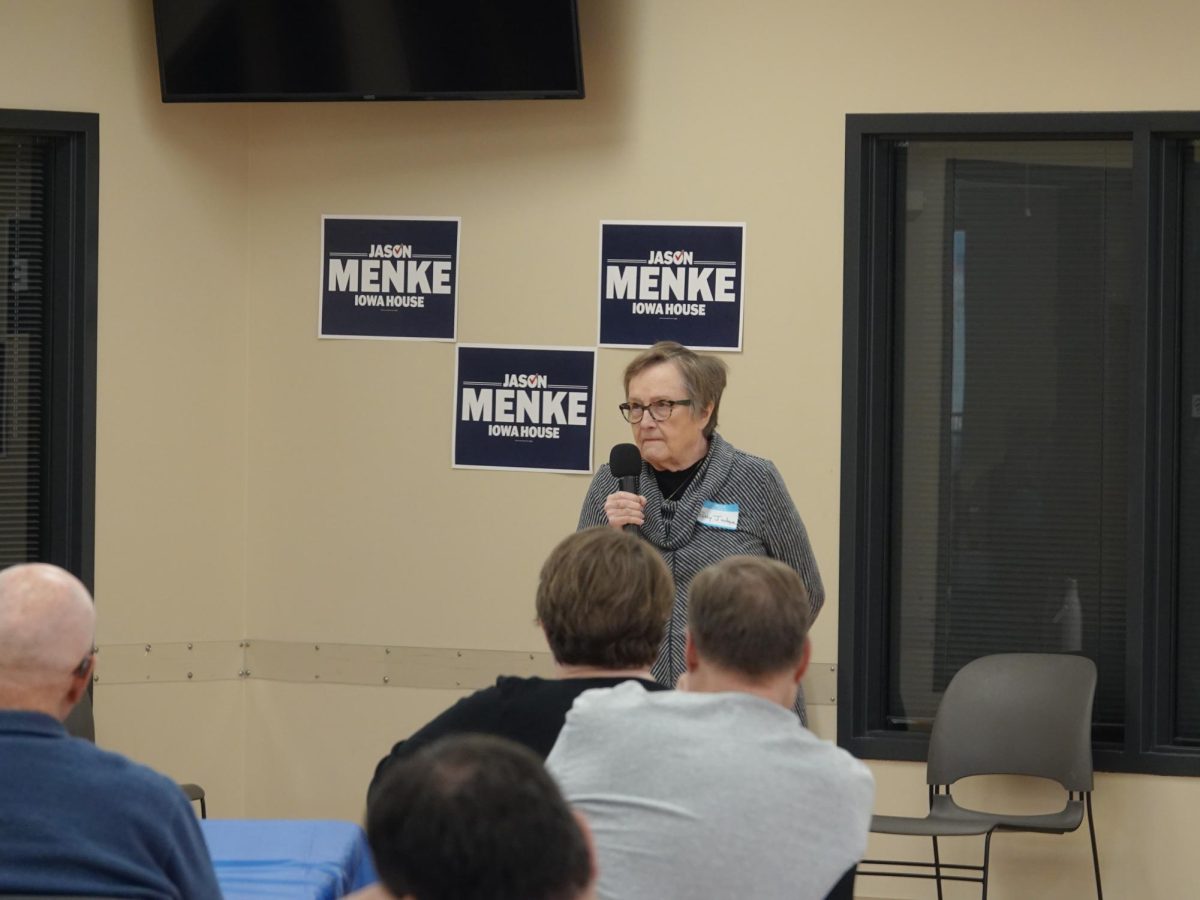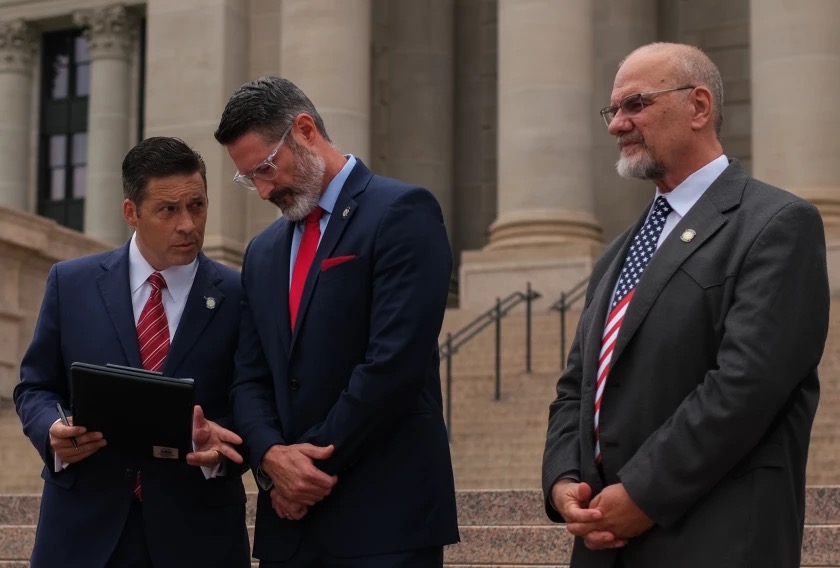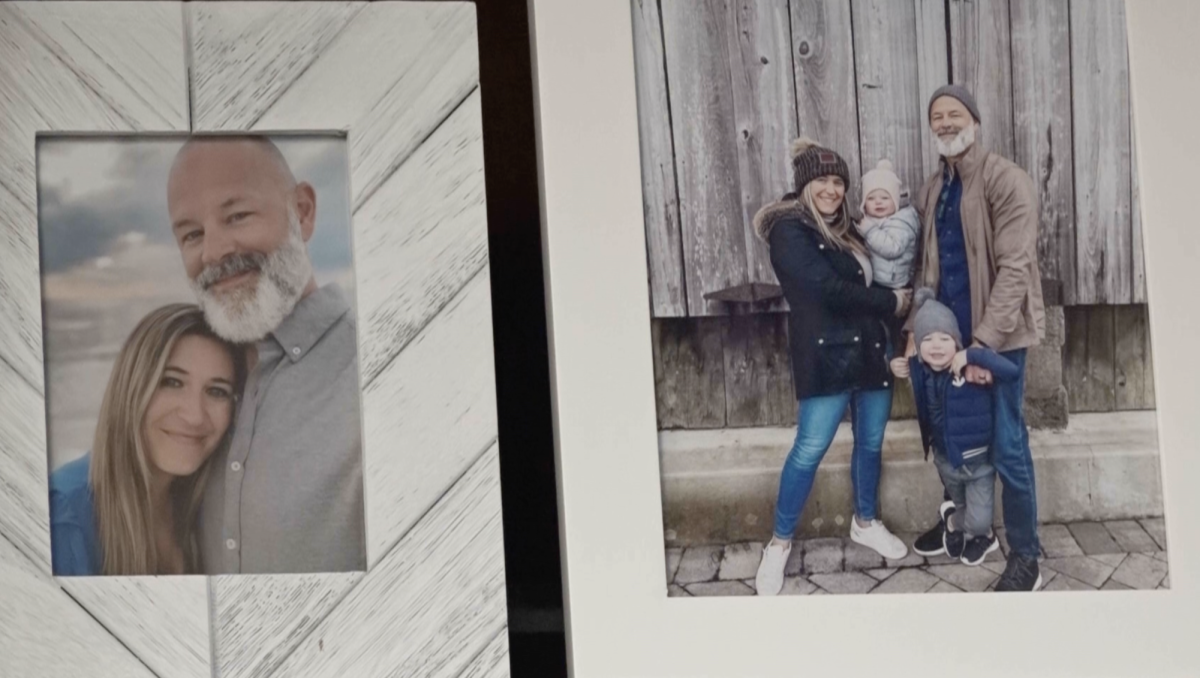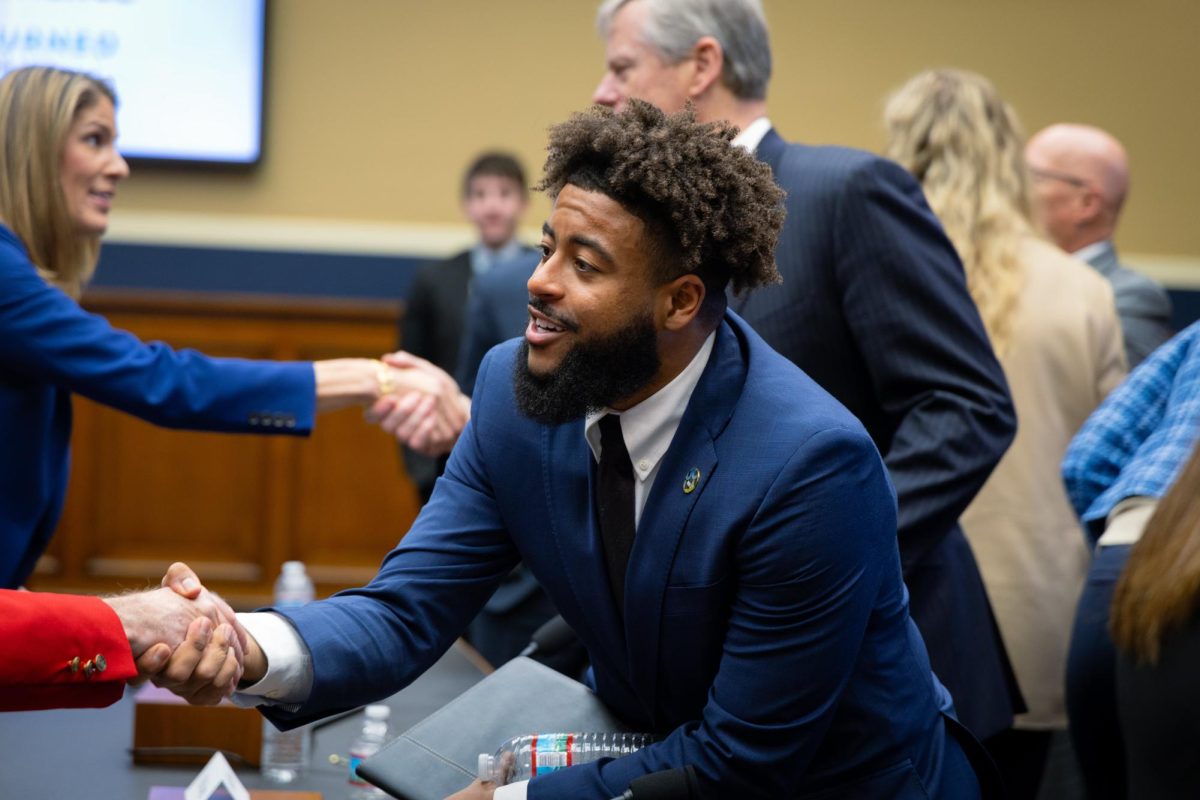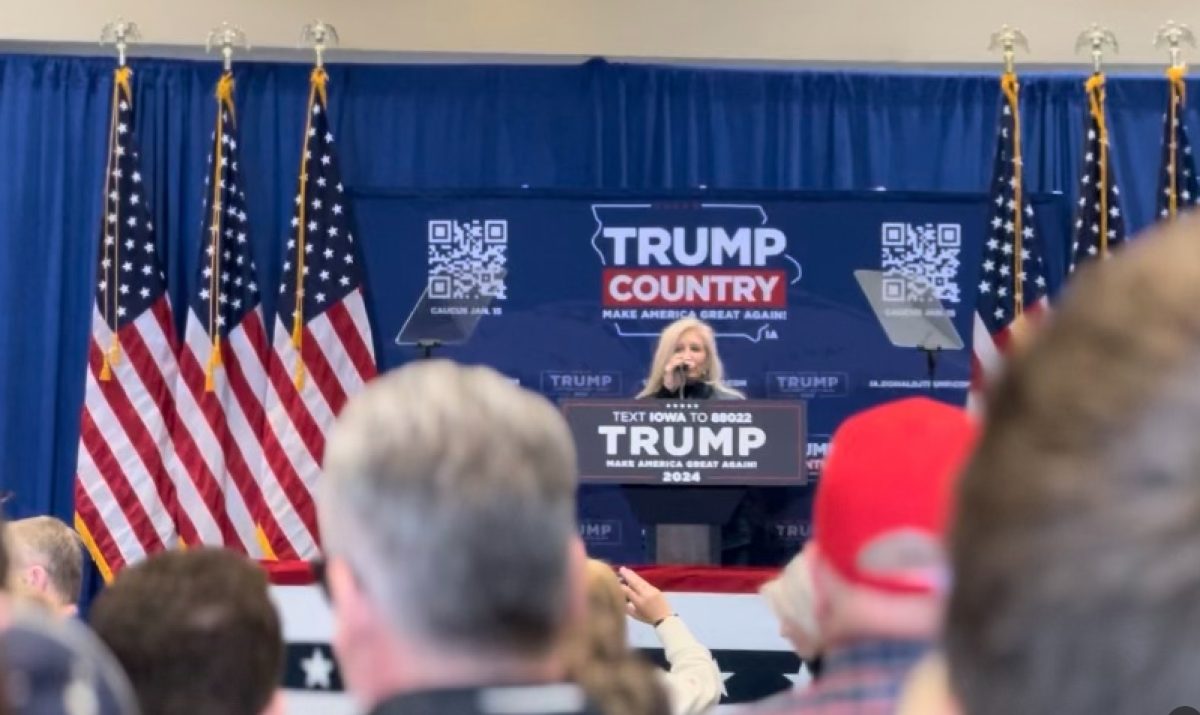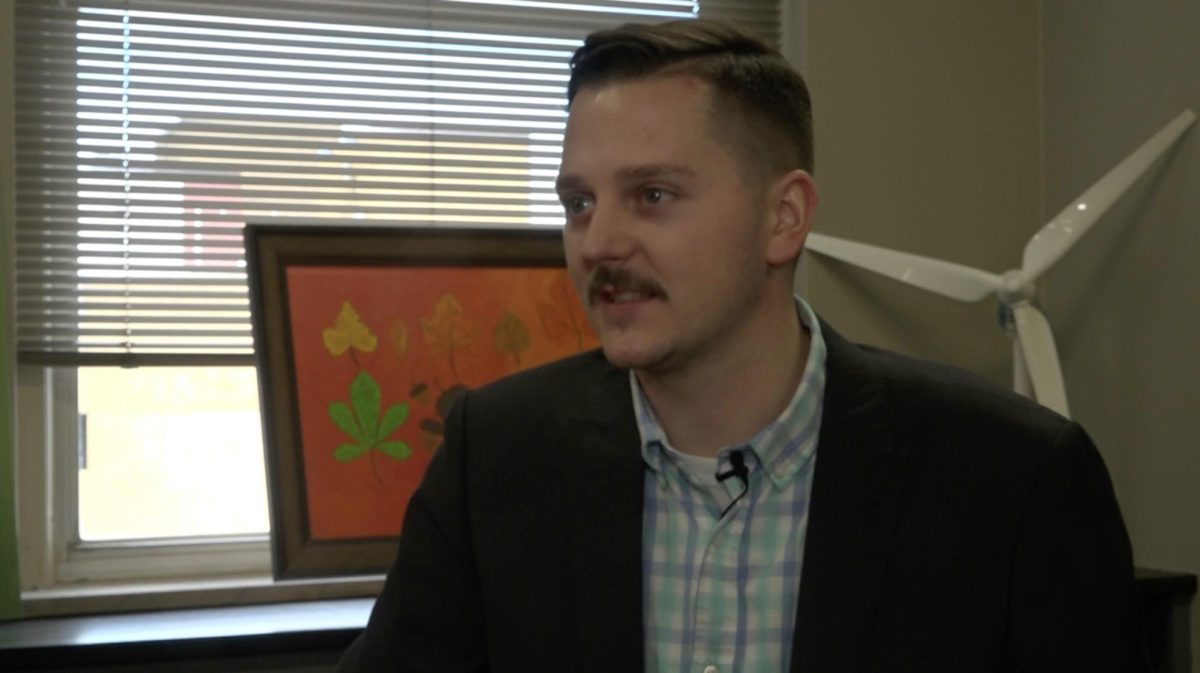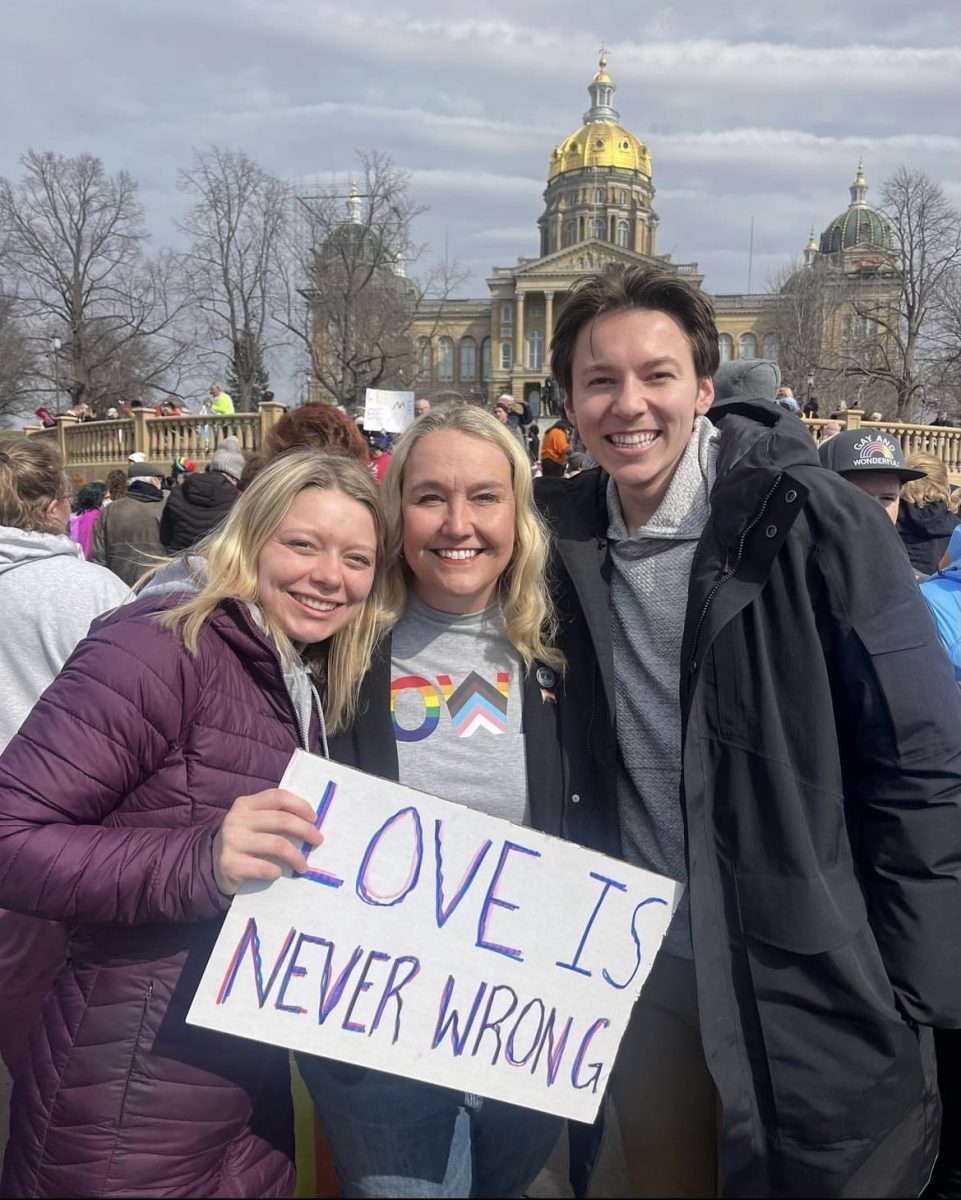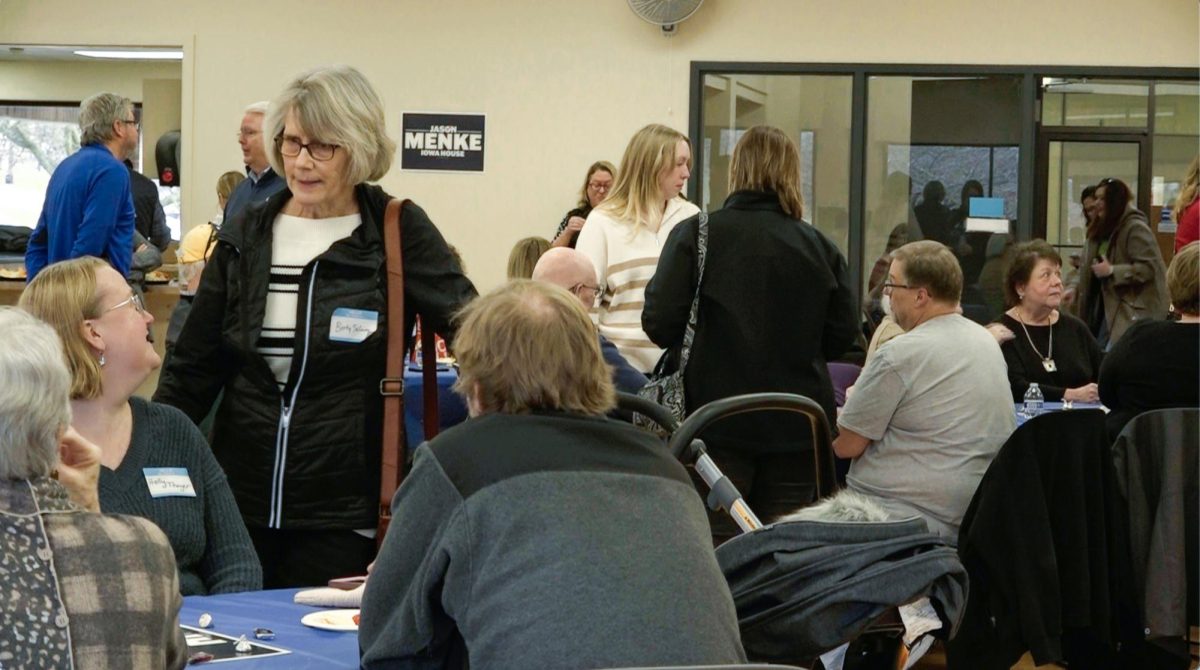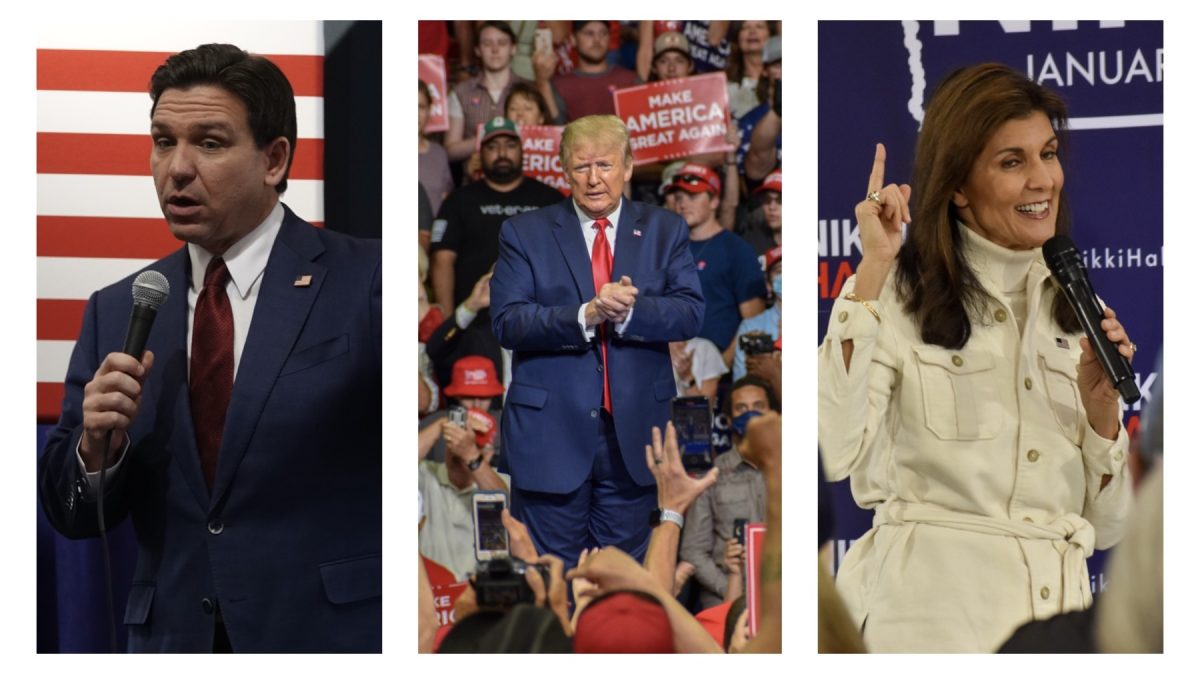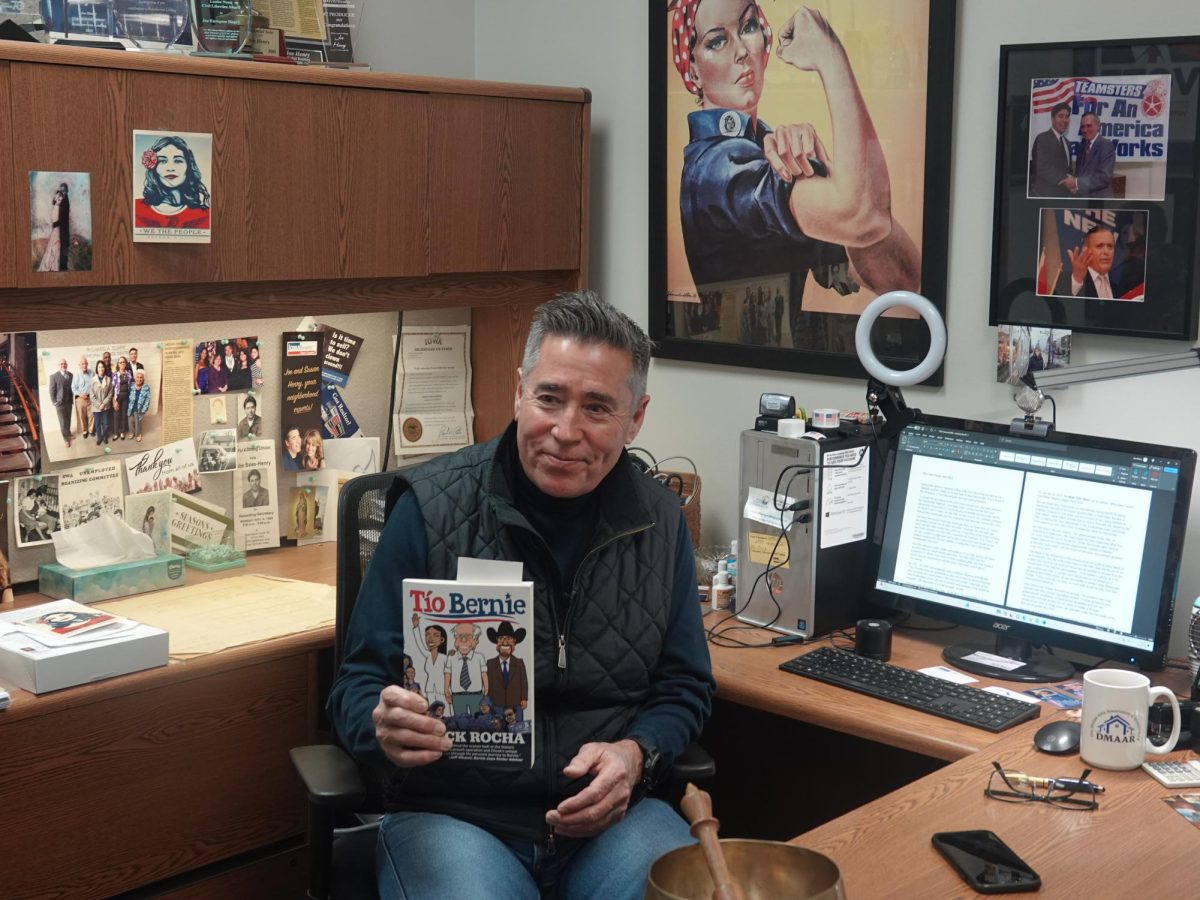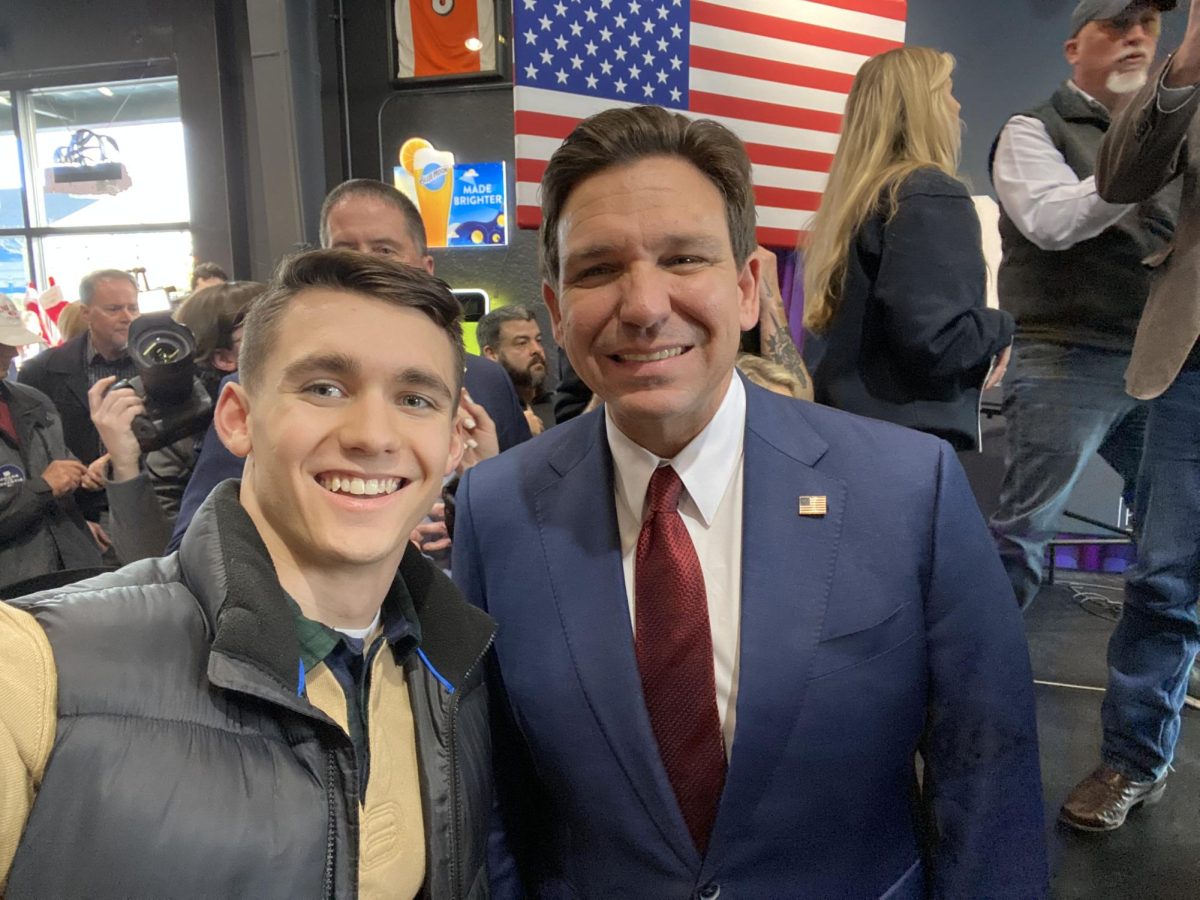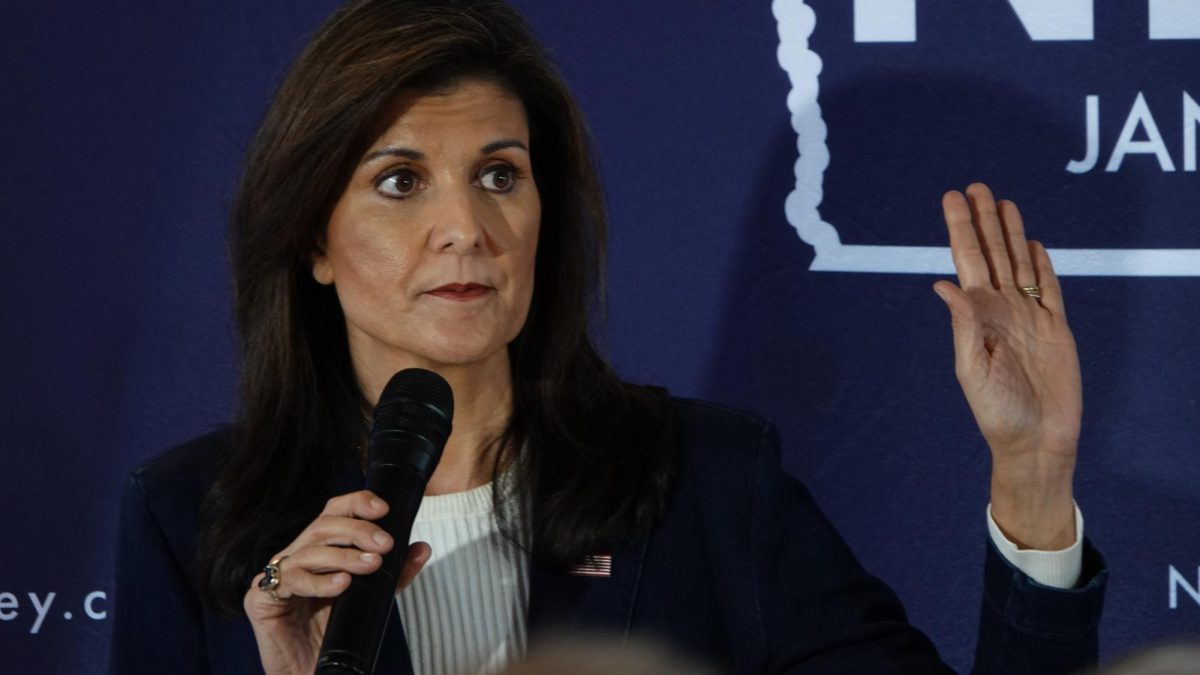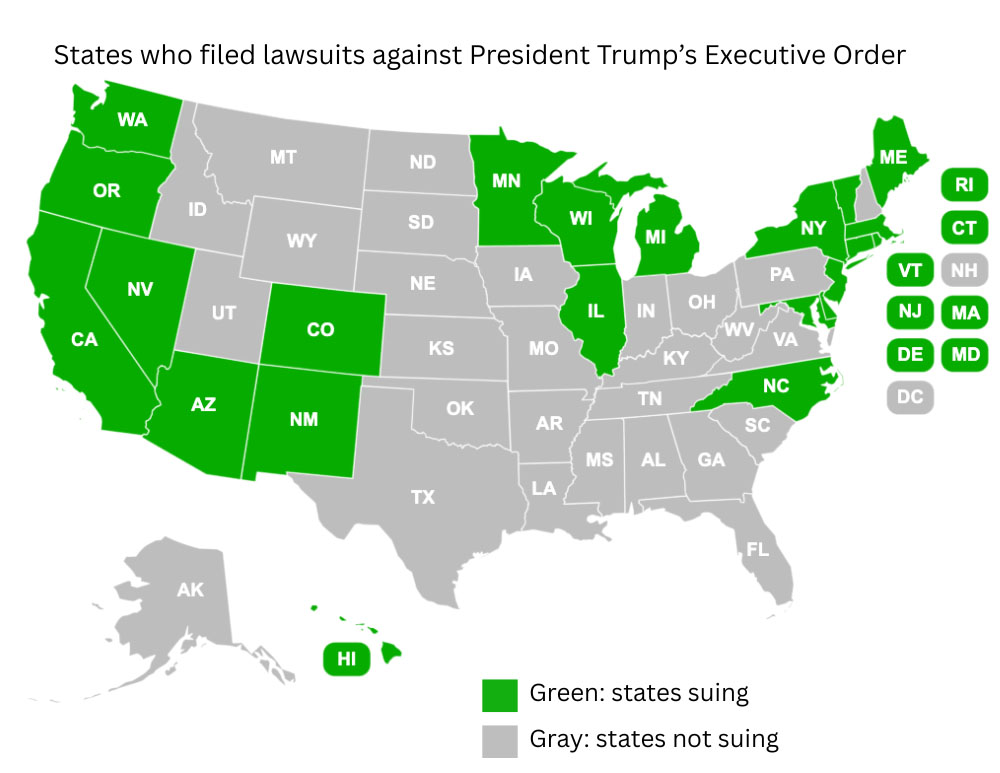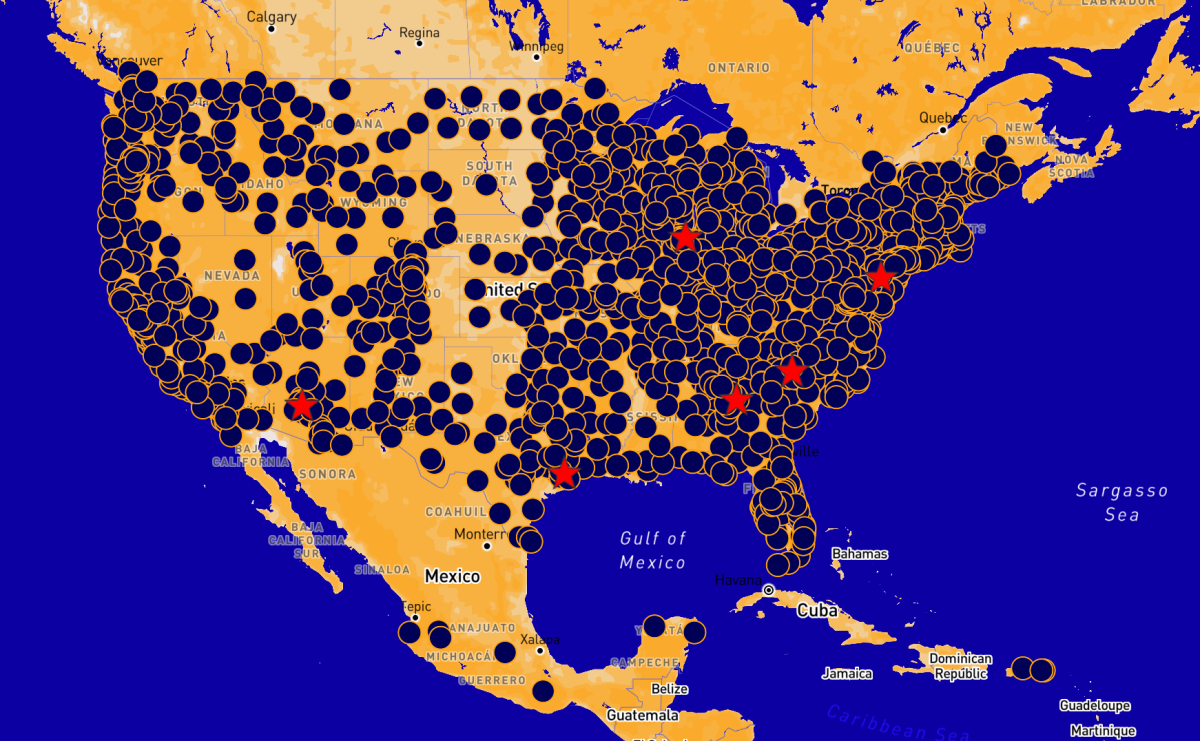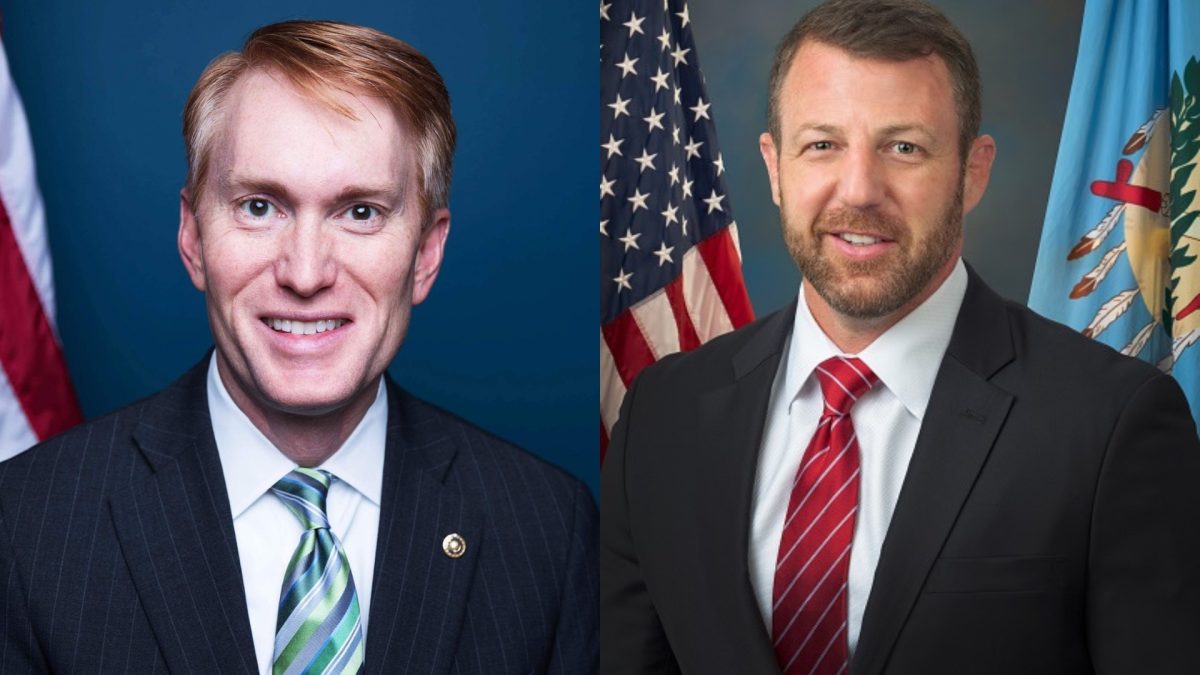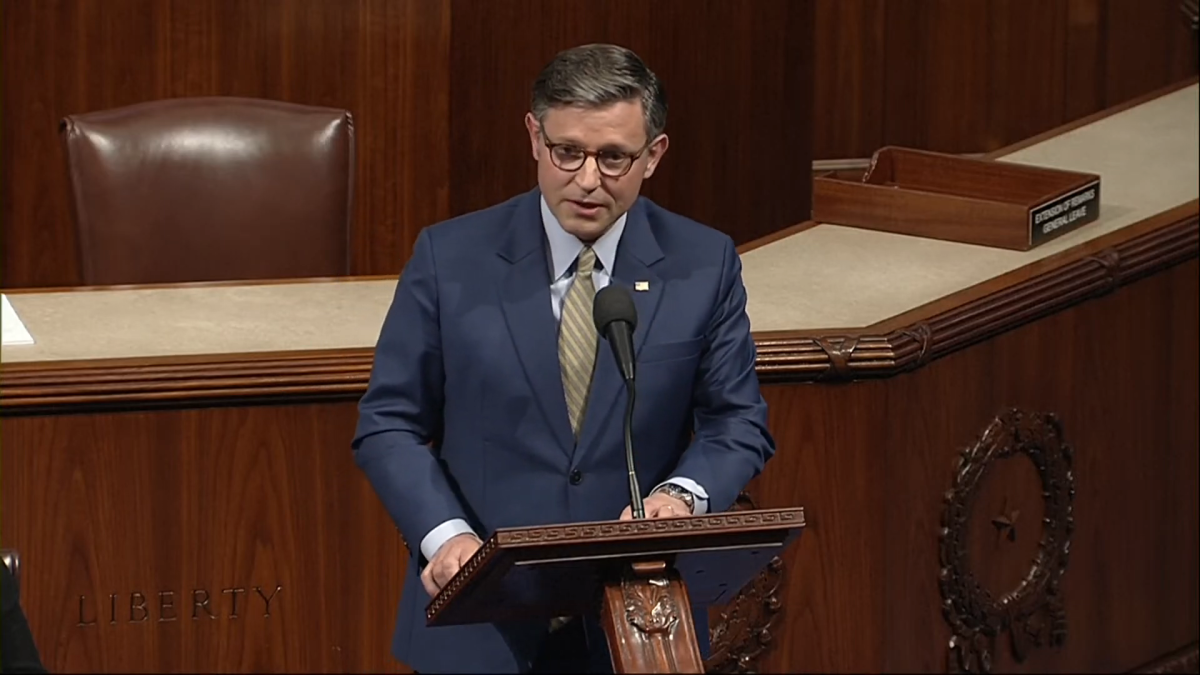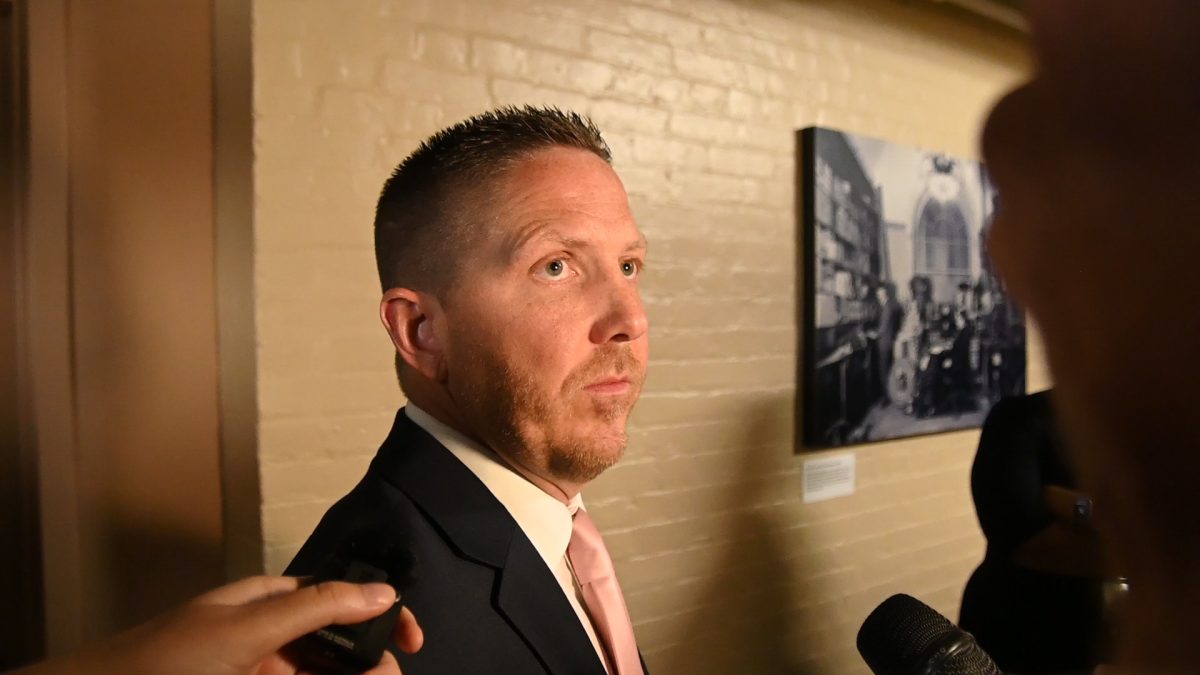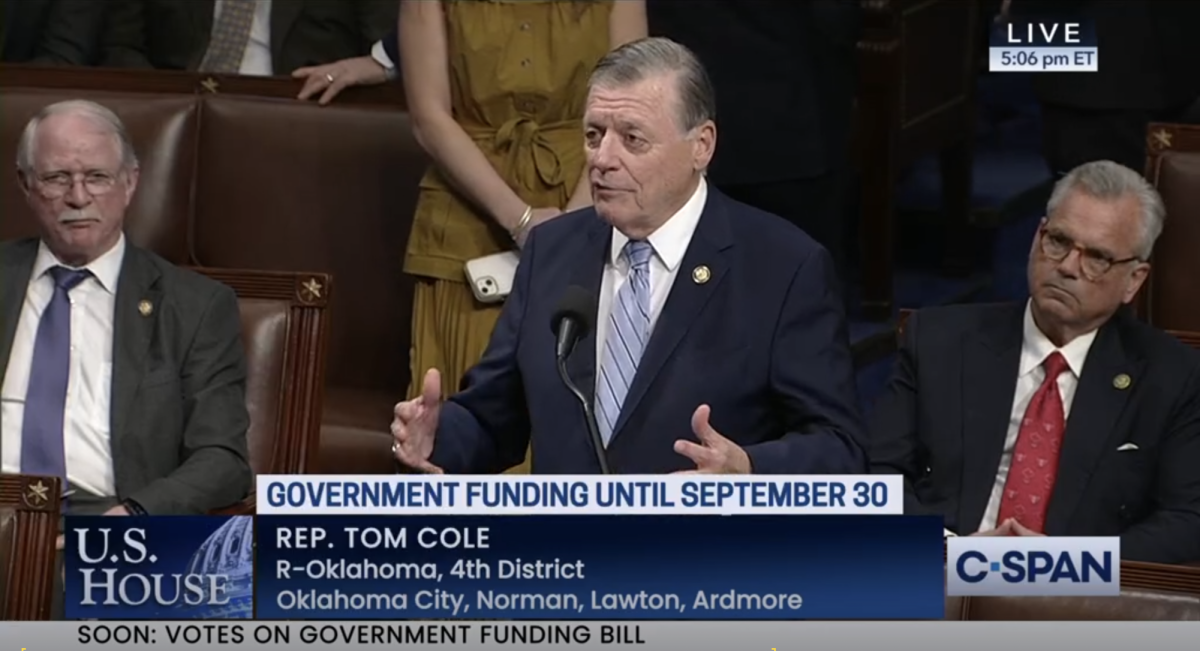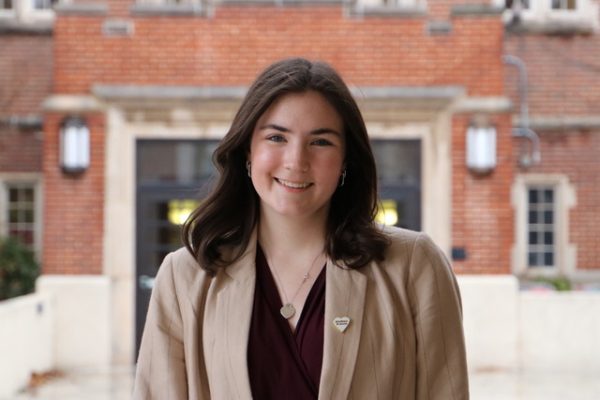DES MOINES, Iowa – In an election cycle dominated by news of Republican candidates and Republican voters, Iowa Democrats have been overshadowed.
Although national Democrats moved the Iowa Democratic caucus to Super Tuesday, many in the state are still looking to participate and gain the attention of the national party. On caucus day, President Biden is sending party leaders to kick off his presidential campaign before New Hampshire and South Carolina, where the first significant Democratic primary voting will occur.
Joe Henry, a Latino labor activist is happy to see Iowa Democrats receiving attention, but believes it isn’t enough.
“I think it’s a little late to be doing that, but at the same time it’s good to know at least they’re doing something but there needs to be a lot more done.” Joe Henry, a longtime Latino labor activist, said.
Former Iowa state Senator Jack Hatch agrees. Hatch believes that the national Democratic party should have flooded Iowa with Democratic surrogates to counter the Republican narratives.
“Some of us feel like the national party is punishing us for the mess in 2020,” Bill Akason, a longtime caucus organizer and precinct chair, said of technology problems that prevented quick reporting of precinct results. “[The app] crashed during the reporting process which made us look like hicks.”
Akason was involved with the 2020 caucus which selected now Secretary of Transportation Pete Buttigieg as Iowa’s preferred candidate.
Political scientists and media alike have theorized Biden, and other Democratic leaders, have moved the first primary to South Carolina because that state’s demographics better reflect the makeup of the Democratic party. However, there was a time when Iowa fit that description.
Some high-level Iowa democrats believe the national party used the Iowa Democratic Party as a scapegoat during the 2020 caucus, which led to a weakening of the party in Iowa. According to a document obtained by Gaylord News, Hatch theorizes that the introduction of a voting app during the 2020 caucus was the catalyst. Hatch theorizes the introduction of a faulty voting app resulted in the delays.
Others involved in the state’s political landscape agree with both perspectives.
“It is a punishment. But it’s a punishment inflicted from the outside. It was a landmine that the DNC [Democratic National Committee] set up which the leadership walked right into. The phone app is what caused chaos. We could’ve easily tabulated the vote the old-fashioned way. People could’ve called in, you know, 1,700 precincts. It’s not rocket science to do it, it’s always done that way.” Joe Henry said.
Iowa was home to several traditionally democratic cities, especially along the eastern border of the state, where industrial and blue-collar workers tended to vote for Democrats. This voting demographic, white non-college-educated industrial workers have now shifted towards the Republican party and were a key voting block that helped elect Donald Trump to the White House.
This shifting of voting demographics along party lines has changed the political makeup of state elected offices where there is now only one Democrat, State Auditor Ron Sand, who holds a statewide elected office. This trend returned Iowa to its traditional Republican roots, dating back to the Civil War.
For younger Iowa Democrats, they cannot remember a time when the party was this weak. Community leaders such as Henry believe the party needs to regain its strength and could do so by responding to Republican narratives.
“They should be taking on the immigration issue since the state, people would starve in the state if it weren’t for immigrants, uh you know there isn’t anything that the democratic party speaks about regarding immigration and that is very important since that is the main tactic that is being taken on by the Republicans.” Henry said.
In terms of what the party is doing at the state level to restructure and rebuild, Henry said that the past leaders were wanting to be paid for their work. Now, a diverse grassroots movement has taken shape in the party.
Lifetime Democrat and Davenport resident Donna McKay has hope for the party in the future. As more young people in Iowa go to college and migrate towards the larger cities, the youngest members of the electorate are voting more democratic than older generations. This, combined with a restructuring of the Iowa party may lead to new Iowans in office in 2024 and 2028.
“Don’t depend on TikTok and all those things because they’re not going to tell you what you need to know. Find out what a person is for and against if that person is for what you believe in then vote for them,” McKay said.
Gaylord News is a reporting project of the University of Oklahoma Gaylord College of Journalism and Mass Communication. For more stories by Gaylord News go to GaylordNews.net.

